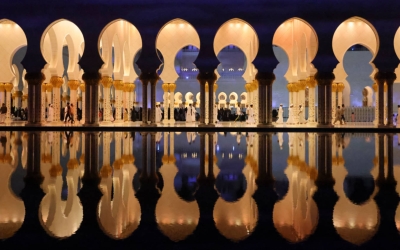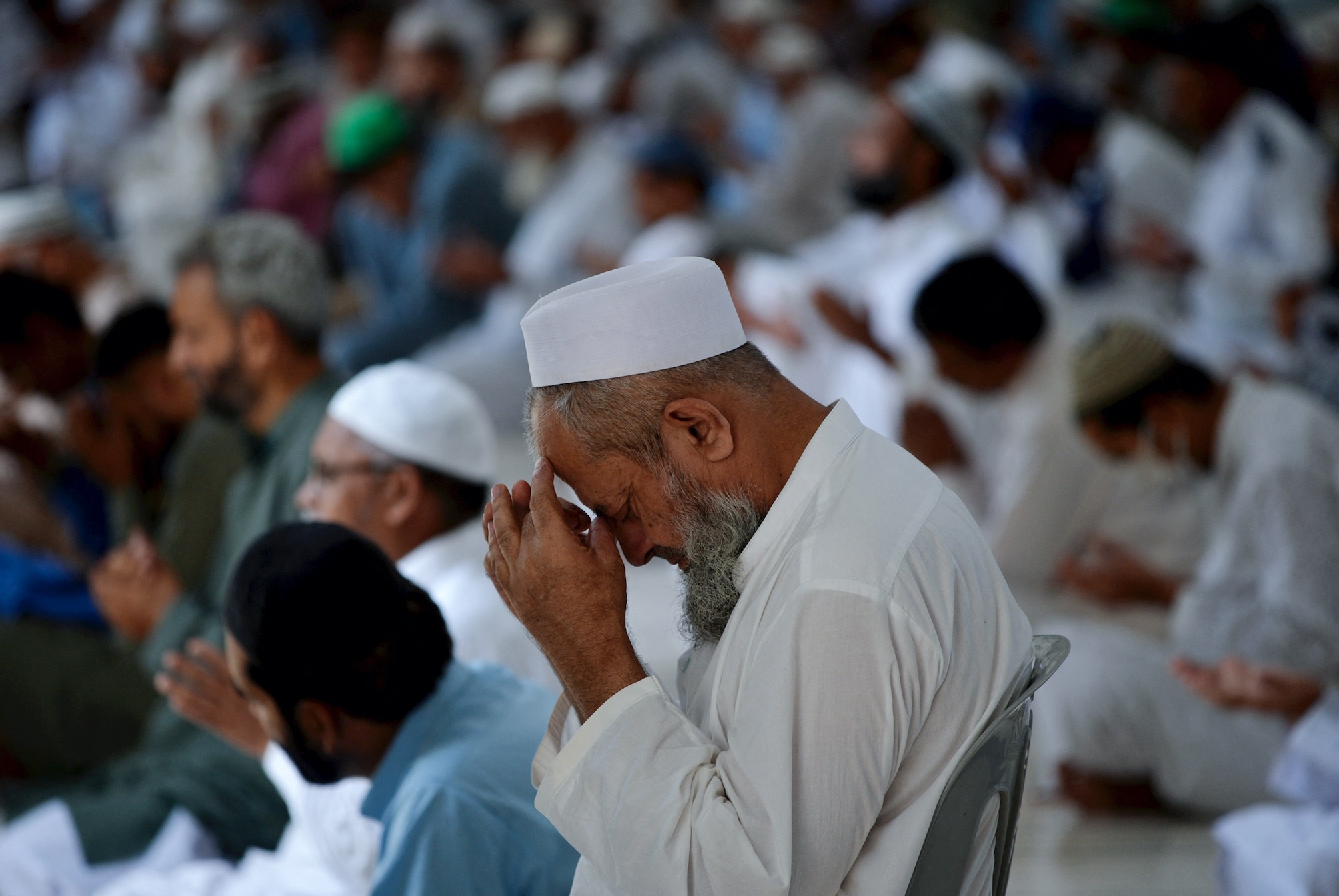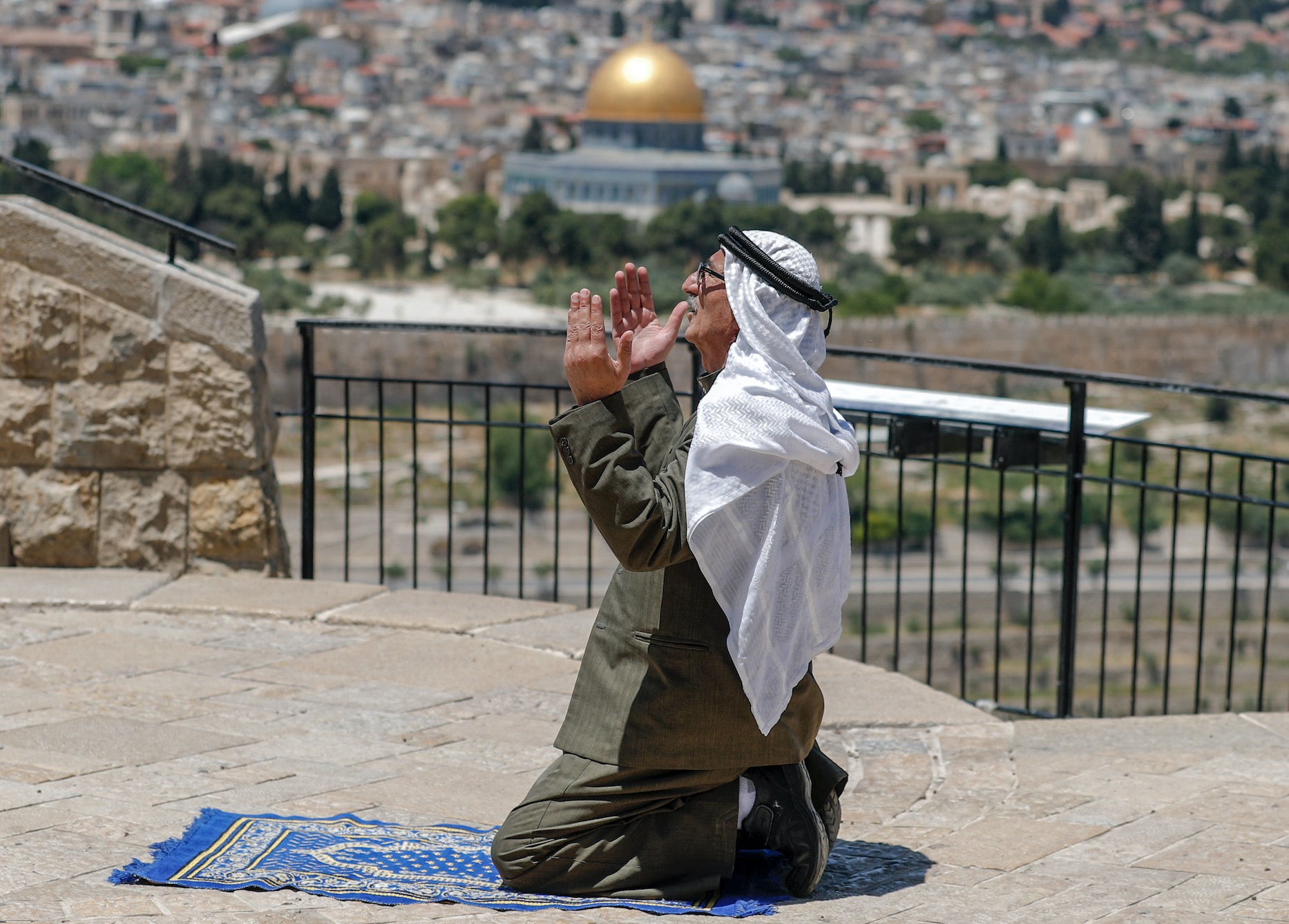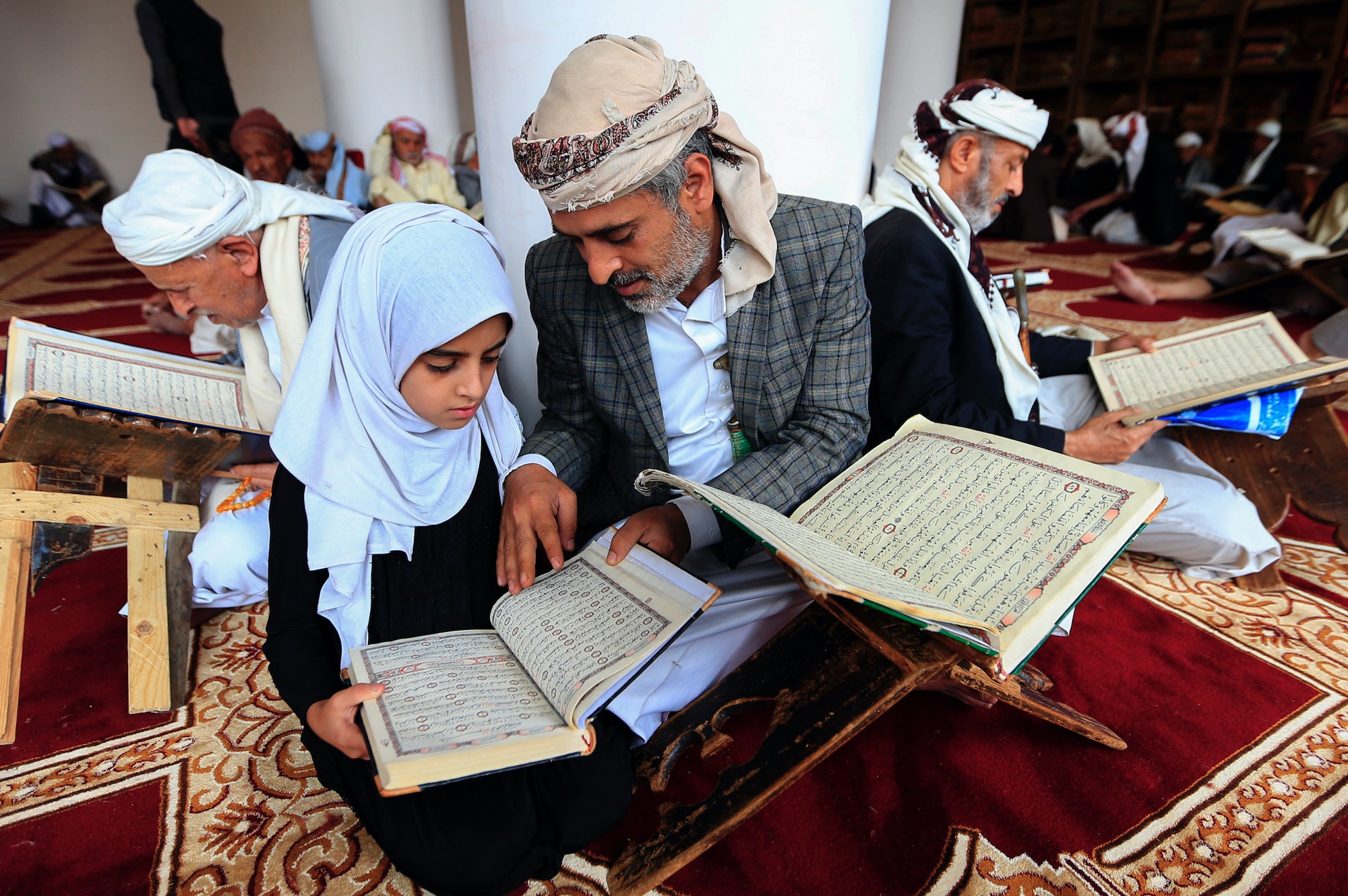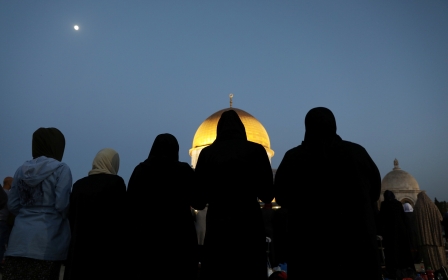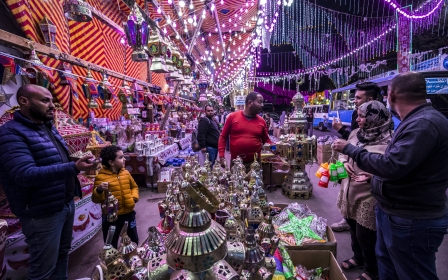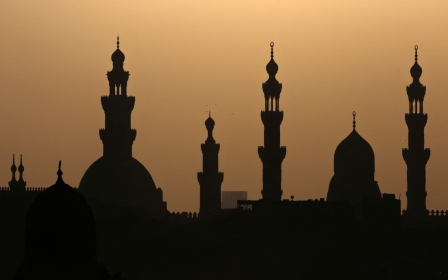Laylat al-Qadr: The holiest night in Islam explained
For Muslims, Ramadan, the ninth month of the Islamic calendar, is highly revered and serves as a time of deep spiritual reflection.
The last 10 days of the month hold particular importance for believers, who try to increase and intensify their acts of worship.
Laylat al-Qadr, Arabic for "night of decree" or "night of power", is believed to fall within the last ten days of Ramadan.
For Muslims, this is the holiest day of the entire year.
Middle East Eye answers key questions about the religious occasion.
New MEE newsletter: Jerusalem Dispatch
Sign up to get the latest insights and analysis on Israel-Palestine, alongside Turkey Unpacked and other MEE newsletters
What is Laylat al-Qadr?
Laylat al-Qadr is the holiest night of the year for Muslims, who believe it is when the first verses of the Quran were revealed to the prophet Mohammed.
Islamic scholars differ on the exact meaning of Laylat al-Qadr, as the word can be interpreted in different ways. Some scholars believe that Qadr means "destiny" or "decree", as it is the night in which every person’s destiny was determined.
Laylat al-Qadr is also sometimes known as "the night of power", as some scholars believe it mirrors the greatness and importance of the initial night on which the Quran was revealed, and that any acts of worship performed on this night carries greater reward than on any other day.
Some interpretations also state that Laylat al-Qadr also translates to "the night of constriction", because the angels descend to the earth and carry the praise of worshippers to God.
Why is Laylat al-Qadr so important?
The sacredness of Laylat al-Qadr is mentioned in the Quran, where it states that Laylat al-Qadr is better than a thousand months.
Worshippers also believe that praying with sincerity will allow their previous sins to be forgiven.
When is Laylat al-Qadr?
The precise night on which Laylat al-Qadr falls is not known to Muslims, however; according to Islamic beliefs, it will fall on one of the odd nights of the last 10 days of Ramadan. This means it will be on the 21st, 23rd, 25th, 27th or 29th day of the month.
Many Islamic scholars believe that the fact that the exact day of Laylat al-Qadr is not specified holds significance, as it means that worshippers will strive in performing acts of worship throughout the 10-day period.
Although the exact date of Laylat al-Qadr is not known, some Muslims believe it often falls on the 27th night of Ramadan.
Shia Muslims also believe that Laylat al-Qadr falls within the last ten odd nights of Ramadan. However, they believe it will most probably fall on the 19th, 21st or 23rd of Ramadan, with the 23rd being the most important.
What is the historical and spiritual significance of Laylat al-Qadr?
According to Islamic beliefs, the first verses of the Quran were revealed to the Prophet Muhammad through the angel Gabriel on Laylat al-Qadr.
After that night, it is believed that the prophet continued to receive verses of the Quran over 23 years. Islamically, God's first word to the Prophet Muhammad was the imperative: "Read".
Muslims believe the Quran is the direct word of God, which was later transcribed by the Prophet Muhammad’s companions and followers. The Quran is considered divine guidance for humanity and moral, social and spiritual values.
The night also carries significant importance as Muslims believe that the Prophet Muhammad said that on Laylat al-Qadr, there are more angels that come to the earth than rocks that are on it.
Some believe that Laylat al-Qadr carries with it feelings of calm and peace, as a result of concepts such as light and blessings which are associated with the angels which descend to earth.
It is believed that through supplications and prayer, Muslims can change their fate, meaning many will spend their evenings in supplication.
What do Muslims do on Laylat al-Qadr?
Many Muslims will spend the final ten days of Ramadan in seclusion, endeavouring to make the most out of what they believe are blessed days.
During this time, worshippers will avoid falling into sin, and be more conscious of their thoughts and actions. Many will sacrifice sleep at night, and choose instead to offer voluntary prayers.
Muslims will engage in acts of worship, such as praying, making supplications, giving charity and reciting the Quran. Muslims are encouraged to use this time to pray for forgiveness.
Some people may choose to distance themselves from any distractions, such as prolonged use of social media, or social gatherings, in order to focus on spirituality.
Acts of worship completed in congregation are believed to carry greater reward in Ramadan, so Muslims will strive to pray in groups in order to gain further reward for their worship.
Mosques will usually be open for itikaaf, where Muslims choose to spend the final 10 days of Ramadan secluded in the mosque.
This article is available in French on Middle East Eye French edition.
Middle East Eye delivers independent and unrivalled coverage and analysis of the Middle East, North Africa and beyond. To learn more about republishing this content and the associated fees, please fill out this form. More about MEE can be found here.


